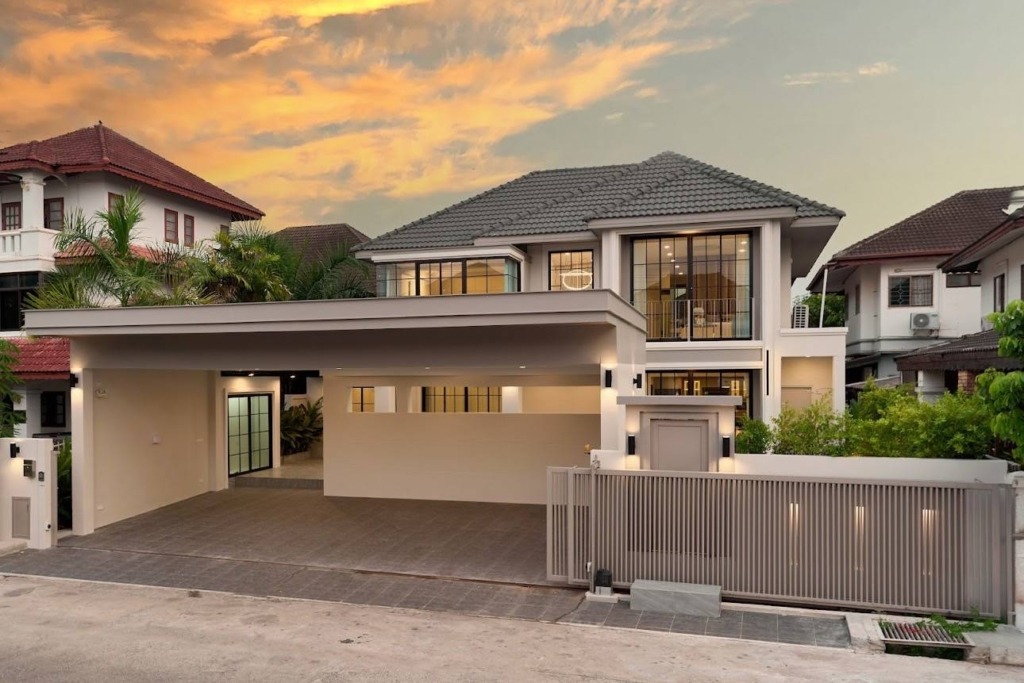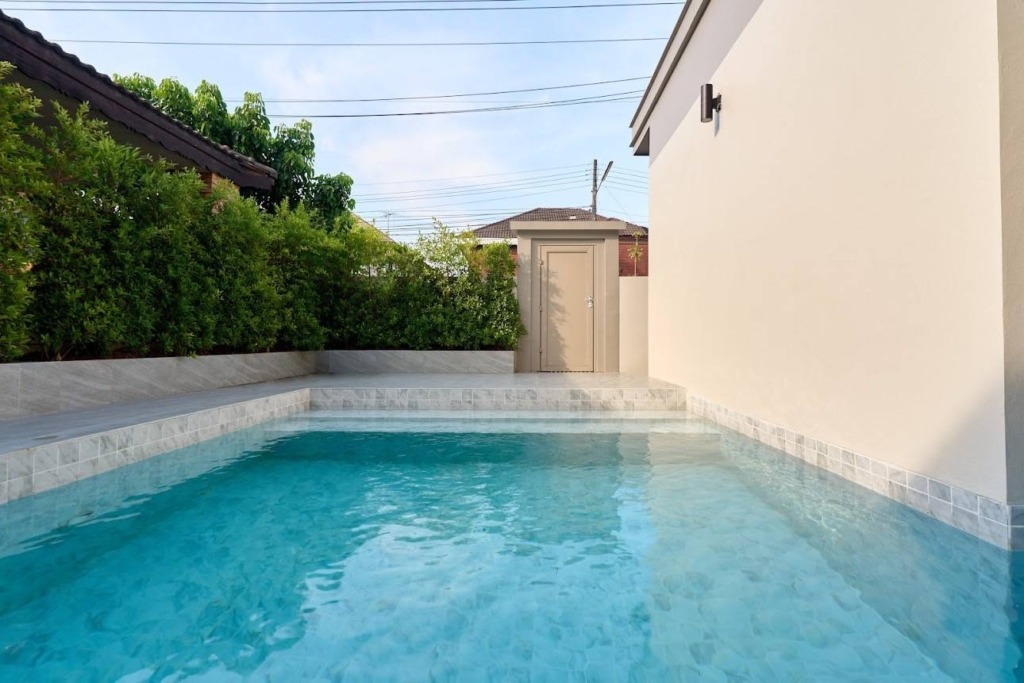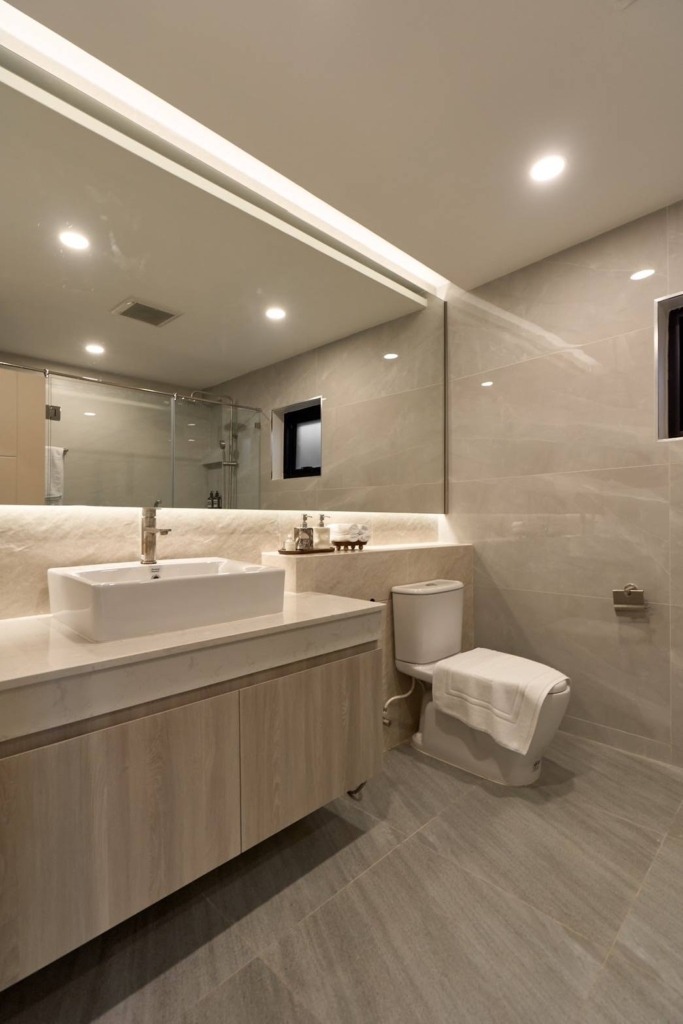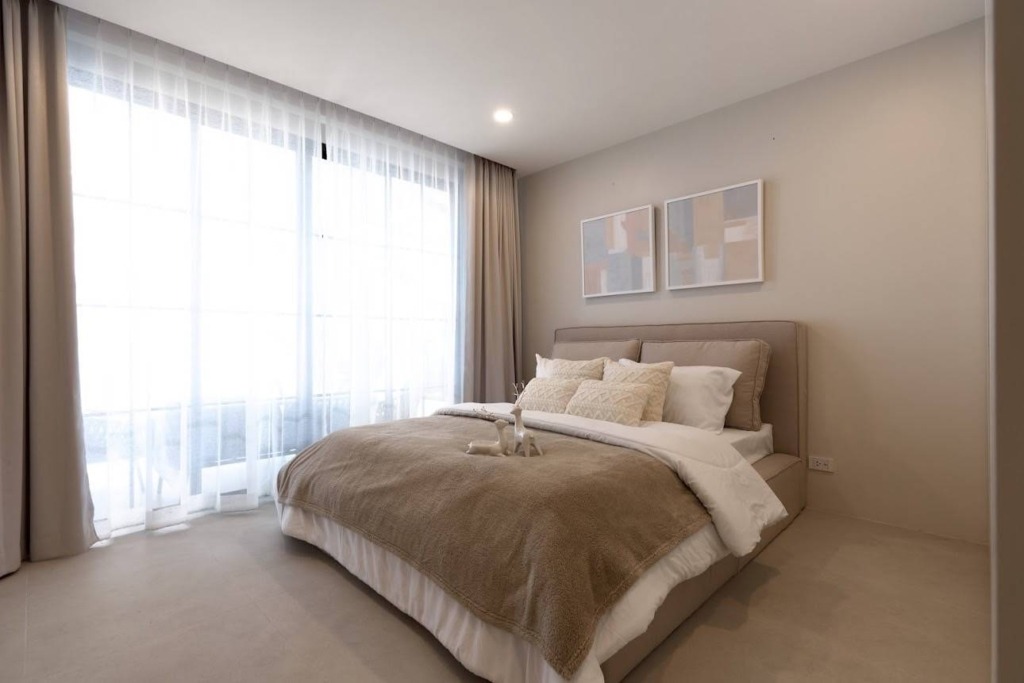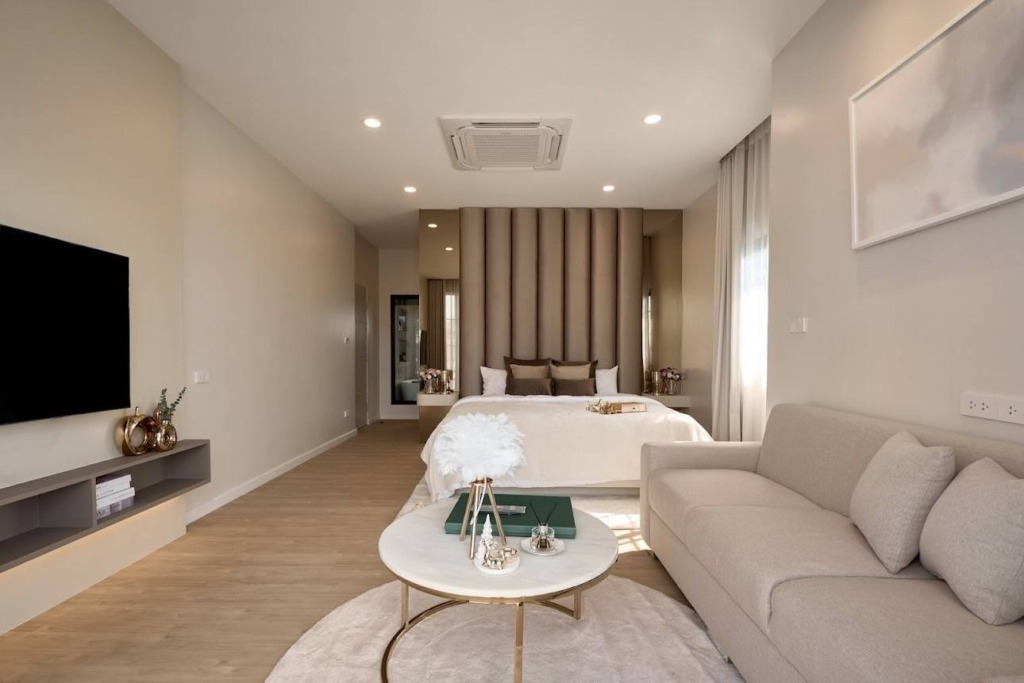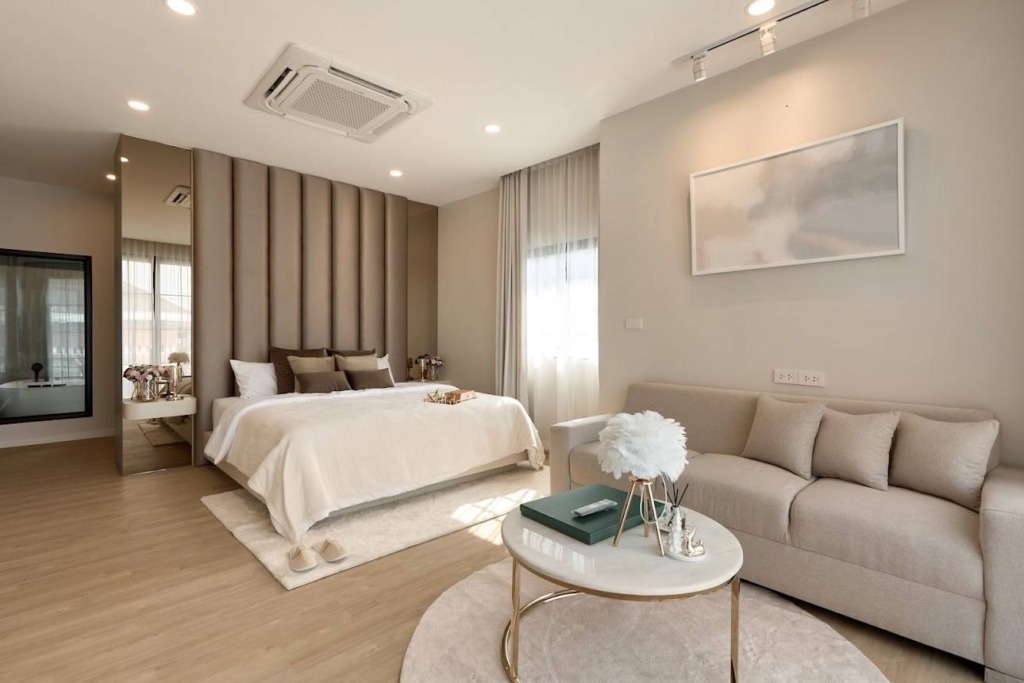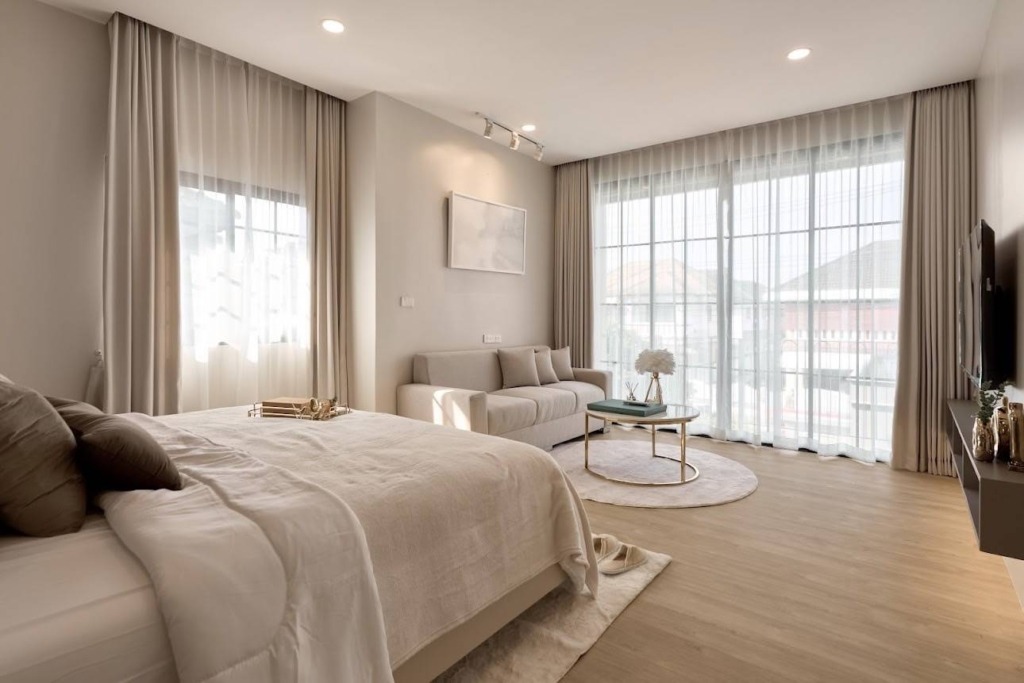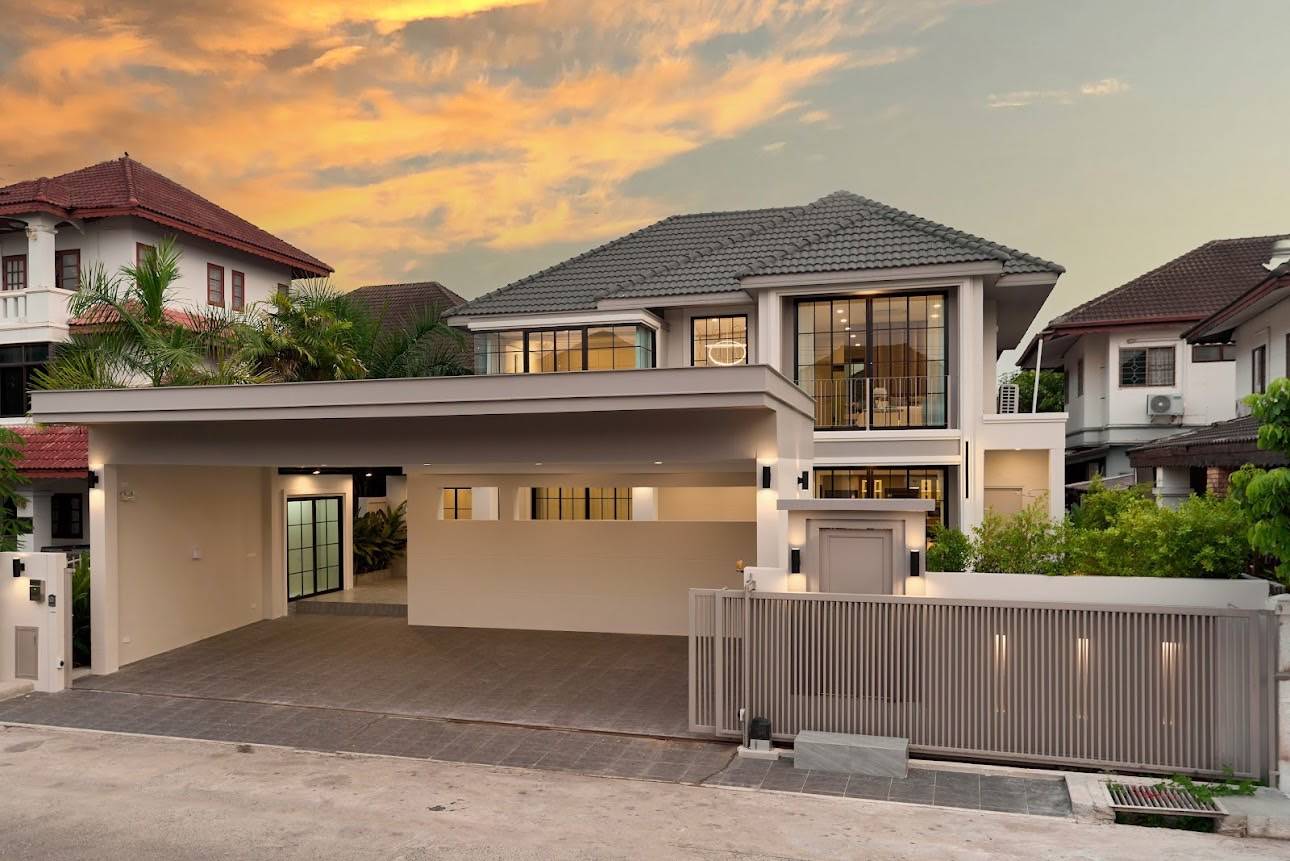Can Foreigners Lease Property in Thailand?
If you’re a foreigner dreaming of a tropical lifestyle, leasing a pool villa in Thailand might seem like the perfect solution. With its beautiful landscapes, affordable luxury, and modern developments, Thailand attracts thousands of international property seekers every year.
However, Thai property law can be tricky, especially when it comes to long-term leases and transferring them to your children or heirs.
One of the most common questions foreigners ask is:
“Can I lease land for 90 years?”
“What happens if I want to transfer the lease to my child after 15 years?”
Let’s break it down.
What Is a 30+30+30 Lease in Thailand?
In Thailand, the maximum lease term allowed by law is 30 years. However, many developers and property agents advertise “30+30+30 leases” — a structure that suggests you can lease land or a villa for up to 90 years.
What 30+30+30 Really Means:
- First 30 years: Registered and legally enforceable at the Land Department of Thailand (DOL).
- Second 30 years: A contractual promise (not guaranteed by law) to renew for another 30 years.
- Third 30 years: Another optional renewal clause, again not guaranteed.
🛑 Important: Only the first 30 years can be officially registered. The next two extensions are dependent on future agreement and are not guaranteed under Thai law.
Leasing a Pool Villa in Thailand: Common Setup
Many foreigners choose to lease a pool villa in Thailand, especially in destinations like Phuket, Hua Hin, and Koh Samui. Here’s a common legal structure:
| Component | Method | Notes |
| Land | 30-year registered lease | Renewable only by mutual agreement |
| Villa | Owned via Superficies or building permit | Allows foreigners to own the house but not the land |
| Use of Property | Defined in the lease | Often includes pool, garden, and driveway |
| Inheritance or Transfer | Requires an assignment clause | Not automatic under Thai law |
Can You Transfer Your Lease to Your Child After 15 Years?
Many foreigners ask:
“If I lease a property and want to transfer it to my son after 15 years, what happens to the lease term?“
Key Fact: Transferring a Lease = New Lease
If you register the lease under your child’s name after 15 years, Thai law treats it as a brand-new lease. The clock resets, and the previous 15 years are lost.
How to Legally Transfer or Protect Lease Rights for Your Children
To avoid losing years or legal rights, use one of the following legal tools:
1. Assignment Clause in Lease
- Allows the original lessee to assign the remaining lease term to a child or heir.
- It must be clearly stated in the contract and registered at the Land Office.
- Keeps the original lease term intact—no reset.
2. Register Lease in Your Child’s Name From the Start
- Simplifies future inheritance issues.
- The parent can maintain use rights through usufruct (a legal right to use the property).
Sample Clause: 30+30+30 Lease with Assignment Rights
Lease Duration: 30 years from [Start Date], registered with the Land Department.
Renewal Option: Two optional 30-year renewals may be granted, subject to Thai law and mutual agreement.
Assignment: The Lessee may assign the lease to a spouse or child with prior written notice. The Lessor agrees to register such assignment at the Land Office.
Building Ownership: The villa and pool remain the Lessee’s property under Superficies rights.
Best Practices for Foreigners Leasing Property in Thailand
- Always register the lease at the Land Office
- Work with an independent Thai property lawyer
- Include clauses for renewal, assignment, and inheritance
- Understand that only the first 30 years are enforceable
- For villas, use Superficies to own the building separately from the land
Final Thoughts: Secure Your Future in Thailand the Right Way
Leasing property in Thailand—especially a pool villa under a 30+30+30 lease—can be a fantastic lifestyle choice for foreigners. But without the right legal structure, your investment and long-term rights may be at risk.
To protect yourself and your family:
- Structure the lease correctly from the start
- Know the limits of Thai lease law
- And make sure all contracts are registered and enforceable
With the right legal support, you can enjoy up to 30 years of secure living, and potentially much more with careful planning.
